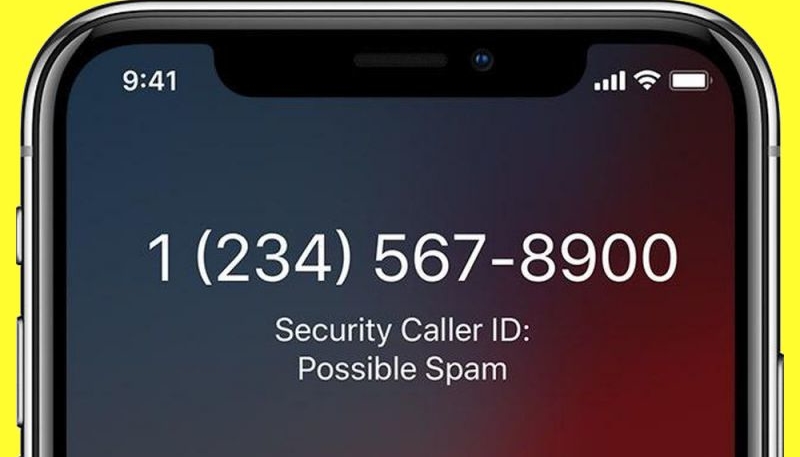The Washington Post reports that 12 U.S. phone carriers are joining forces with 51 state attorneys general to work to implement new anti-robocalling technology.
Under the agreement, the carriers have agreed to implement call-blocking technology, make anti-robocall tools available for free to consumers and deploy a new system that would label calls as real or spam.
Known by its acronym, STIR/SHAKEN, the technology takes aim at the practice known as spoofing, which is when bad guys mask their identities by using phone numbers that resemble those that they’re trying to contact, in order to trick victims into answering the call and giving up their personal information.
The agreement was brokered between the industry and 50 state attorneys general and the DIstrict of Columbia, as part of an effort to combat the growing problem..
Carriers participating in the agreement include the big four (AT&T, Sprint, Verizon, and T-Mobile), as well as smaller carriers such as CenturyLink, Charter, U.S. Cellular, and more.
No deadline has been set for carriers to put their flavor of STIR/SHAKEN, although some carriers are already testing the technology.
Josh Stein, the attorney general of North Carolina and one of the architects of the agreement, told The Washington Post that the “expectation is they will all implement them as soon as practical.”
The new agreement is just the latest event in an ongoing battle to defeat robocallers. Earlier this month, the FCC was awarded new authority to punish bad guys behind message sams and international robocalling.
In July, The House of Representatives approved an act designed to reduce robocalls by improving the technology used to fight against the calls.
The Stopping Bad Robocalls Act was unanimously approved by the House with a 429-3 vote. The bill grants more power to the Federal Communications Commission to take action against illegal robocalling, and would require carriers to implement caller identity verification technology.


